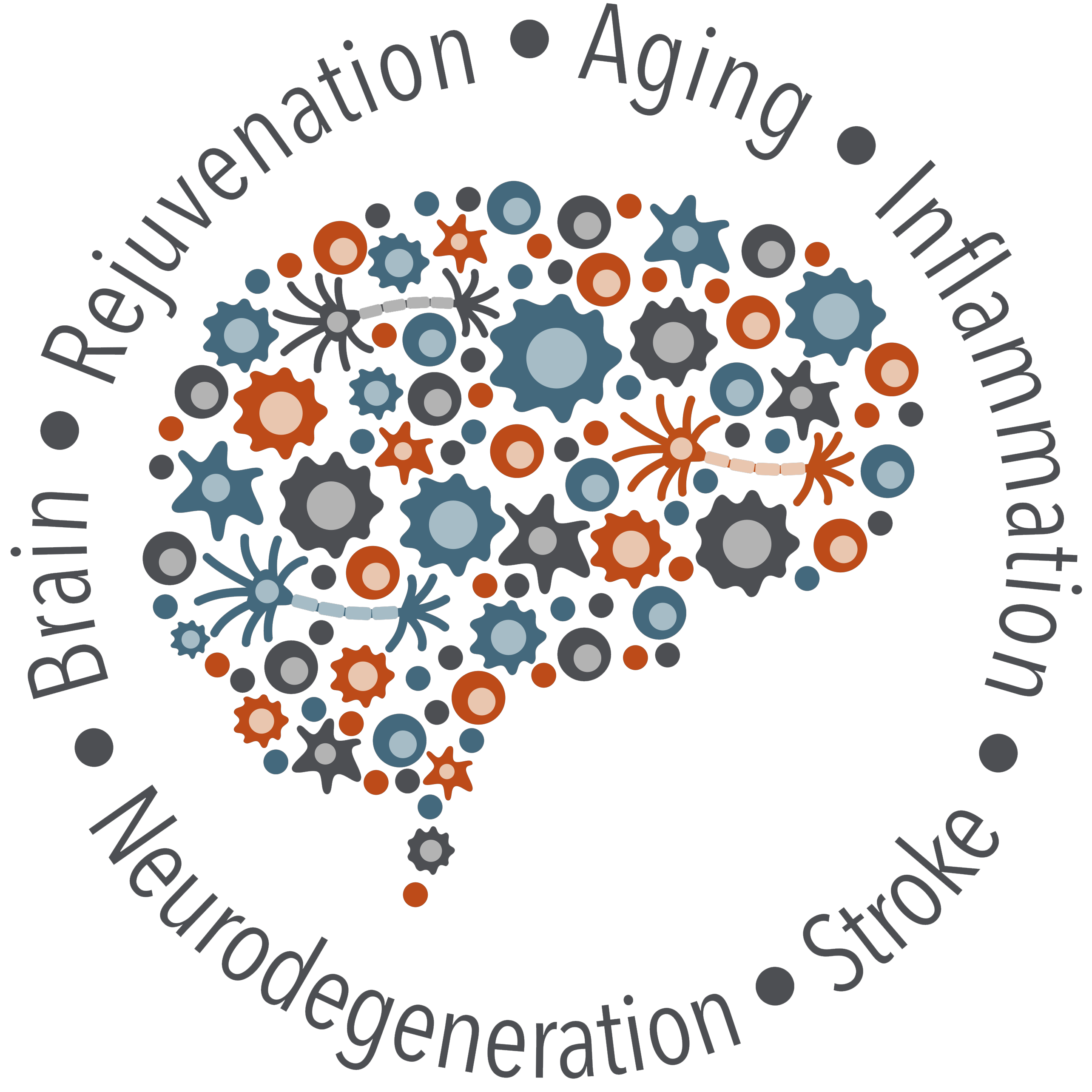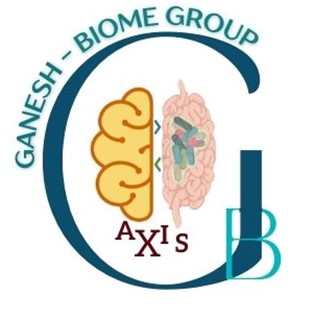Priya Ganesh Lab

 Bhanu Priya Ganesh, PhD – Associate Professor
Bhanu Priya Ganesh, PhD – Associate Professor
Director, Center for GUT-BRAIN Axis in Aging
Education & Training
BS Life Sciences and Bio-Informatics – ADU, India
MS Biotechnology, University of Ulster – United Kingdom
PhD Gastrointestinal Microbiology – DlfE-Potsdam, Germany
Postdoc Pathology and Immunology, Baylor College of Medicine – Houston, TX, USA
Postdoc Neurology, The University of Texas Health Science Center – Houston, TX, USA
Areas of Interest
Clinical interests: intrinsic connection between vascular diseases and exacerbation of gut inflammation
Research interests: inflammation, microbiology, brain-gut axis, histamines, Cerebral Amyloid Angiopathy (CAA), microglia and macrophages.
Research Information
My research primarily focuses on exploring the intricate relationship between the microbiome and a range of health conditions, including stroke, hypertension, cerebral amyloid angiopathy, Alzheimer’s disease, and other age-related ailments. The overarching objective of my research endeavors is to shed light on how the intestinal microbiome influences the delicate balance of intestinal epithelial homeostasis, ultimately leading to the onset and exacerbation of chronic inflammation in the context of neurodegenerative diseases associated with aging.
Throughout my career, I have dedicated my efforts to investigating the role of gut microbiota in the pathogenesis of inflammatory diseases, particularly emphasizing intestinal inflammation. Furthermore, I harbor a deep interest in discerning ways in which the microbiota can be harnessed to yield beneficial health outcomes.
Presently, my research is laser-focused on the intriguing ” GUT-BRAIN Axis”. Our research team is delving into the intricate interplay between the microbiome and its secretory products, examining how these interactions impact the physiological processes of the brain, particularly in the context of age-related diseases. A notable aspect of our work involves the development of innovative germ-free rodent models, which serve as invaluable tools in unraveling the effects of individual or multiple known bacterial species and their secretions on the shaping of the intestinal epithelium and beyond.
My extensive utilization of germ-free mouse models has enabled me to investigate the consequences of both pathogenic and beneficial (probiotic) bacteria, further elucidating the multifaceted role of different bacteria in maintaining gut homeostasis. Additionally, I am conducting research into how the microbiome and its secretory products impact the physiology of goblet cells, specifically focusing on mucus synthesis. I aspire to identify changes in mucosal modifications, including immune responses, in relation to a dysbiotic gut microbiome, with the ultimate goal of identifying potential biomarkers for predicting age-related diseases at an earlier stage.

 Maria Pilar Blasco-Conesa, PhD – Research Scientist
Maria Pilar Blasco-Conesa, PhD – Research Scientist
Education and Training
BS Biology, University of Valencia – Valencia, Spain (2004)
MS Environmental Health, University Menendez Pelayo – Valencia, Spain (2005)
MS Biodiversity: Conservation and Evolution, Universidad de Valencia – Valencia, Spain (2009)
PhD Biodiversity: Conservation and Evolution, Universidad de Valencia – Valencia, Spain (2017)
Areas of Interest
Clinical interests: Neurodegenerative diseases, inflammation, probiotic-therapeutic manipulation of the microbiome
Research interests: Brain-gut axis, microbiome influence on general health, microbiology inflammation, and aging
Research
I am currently involved in several projects with the BRAINS Research Laboratory and the Biome Research Laboratory. These include examining he role of histamine in the gut-brain axis after stroke, analysis of the aryl hydrocarbon receptor, examining the link between gut dysfunction and amyloid Beta in Alzheimer’s disease, and studying the microbiome in n-HIE conditions.
Hobbies & Interests
Yoga, photography, learning about history, baking, and craft activities with my kids

Tushar Kanti Das, PhD – Postdoctoral Research Fellow
Education and Training
BS Chemistry, University of Calcutta – India (2005)
MS Biotechnology, Berhampur University – India (2008)
PhD Biomedical Sciences, Universiti Brunei Darussalam – Brunei (2017)
Areas of Interest
Clinical interests: Alzheimer’s Disease, Neurodegenerative Diseases
Research interests: Gut-Brain Axis, microbiome and cell signaling
Hobbies & Interests
Cooking, traveling and photography

Ghalya Alrousan – GSBS Graduate Student Research Assistant
Education and Training
BS Neuroscience, The University of Texas at Austin – Austin, TX (2020)
MS Biomedical Sciences and Neuroscience, University of Texas Health Center at Houston Graduate School of Biomedical Sciences – Houston, TX (2022-present)
Areas of Interest
Clinical interests: Neurodegenerative diseases, neurology
Research interests: Brain-gut axis, Alzheimer’s Disease, and microbiome
Research & Experience
-GSBS Graduate Research Assistant, BRAINS Lab – Department of Neurology, UTHealth – Houston, TX (current)
Hobbies & Interests
Reading, cooking, traveling, and spending time with my family and my dog
Research Assistants
 Jennifer Mendoza
Jennifer Mendoza